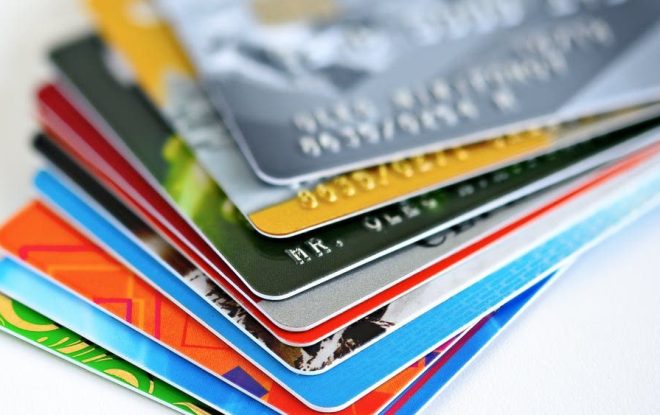‘I’m overwhelmed’: I inherited $185,000. With the Fed lowering rates, should I park it in 5% CDs or high-yield savings accounts?
Dear Quentin,
My beloved parent died and my brother and I each inherited $185,000. I’m overwhelmed with where to park my portion, particularly after the Federal Reserve cut interest rates last week.
My brother got a better interest rate because he acted fast, and here I am twiddling my thumbs, overwhelmed with banks. I freeze when there are too many options because I want to make the best decision.
Most Read from MarketWatch
I am debating putting $85,000 into a high-yield savings account that pays 5.3%, so I can easily access it, and putting the other $100,000 in a certificate of deposit that pays 5% and locks in for seven months.
I need to use all of this money to pay property taxes on an inherited home and to renovate it to sell. The house has been empty for six years, ever since my parents went into a nursing home. It needs minor cosmetic fixes to get the most bang for their buck.
I will inherit even more money at the end of the year and will invest that more for the long term.
Thanks for any advice and suggestions.
Mulling an Inheritance
Dear Mulling,
Don’t worry about your brother. And don’t worry about missing out.
You’re not in competition with anyone — you merely want to get the best rate you can at this moment in time, and inheriting a large sum of money can be overwhelming. You’re not alone in feeling that. Sometimes, doing nothing is the right thing to do. So many people make rash decisions when they come into a windfall, or they seek advice from the wrong advisers — some of whom may be working on commission. So you did the right thing by taking your time.
There is one important difference between CDs and high-yield savings accounts: The latter are more liquid, meaning you can take your money out more easily. Typically, withdrawals are limited to half a dozen per month. With CDs, you are committing to a set period of time. But interest rates can change with high-yield savings accounts — even after you deposit your money — based on the Fed’s benchmark rate. When you buy a CD, the rate does not change.
CDs, as you know, are investment vehicles with set interest rates that attract people looking for a safe haven for their cash. CD rates typically track the federal-funds rate, which, after last Wednesday’s Fed decision, is in the range of 4.75% to 5%. In September, you still can get rates of around 5.25%. CD ladders allow you to buy one-, two-, three-, four- and five-year CDs, so that you have one maturing every year.
Interest rates started climbing in 2022, but the highest CD rates have hovered around 5% since the start of the year. As we’ve seen with headline-grabbing special offers that come with many restrictions, there is competition between financial institutions for CDs. Because you want this money to make minor improvements on your parents’ former property, CDs allow you to access your cash easily enough without incurring penalties — as long as you abide by the term.
Try not to get distracted by banks or credit unions offering CDs at high rates. They are often offered as “loss leaders”: In other words, they are special offers and only allow you to deposit a limited amount of money for a limited time. You generally have to be living in the state where these financial institutions are based, and you may discover that you are only allowed to invest $3,000 or $5,000 at the advertised rate. They generate publicity, but they are often not exactly what they seem.
Taking in the bigger picture
Looking beyond CDs and high-yield savings accounts at the bigger picture, Alonso Munoz, chief investment officer at Hamilton Capital Partners, expects rates to start coming down, specifically in short-term money-market instruments, Treasury bills and high-yield savings accounts and CDs. Taking your risk tolerance into consideration, he says, “think about locking in some duration across fixed income.”
He adds: “High-quality fixed income and Treasuries traditionally perform well during rate-cutting cycles. These ideas can be accessed through low-cost exchange-traded funds for a portfolio of this size.” A lot depends on your time horizon. If you will need your $185,000 in the near term, as you say you will, short-term Treasury bills are still paying a decent yield, Munoz says. For longer-term investments, look at equities, fixed income and sectors like real estate that perform poorly during a time of high rates.
In the meantime, it’s smart to fix up the property you intend to sell in order to maximize the value. If it’s been sitting empty for six years, it will need a good cleaning, and you will need to make sure that everything is in working order. Remodeling Magazine has a list of renovations that it says provide a good return on investment — everything from a new front door (average cost: $2,214) to a minor kitchen remodel ($26,790). All of that sounds great in theory, but for your purposes, minor repairs might be best.
Enjoy making money on your cash. You still have time.
More columns from Quentin Fottrell:




Leave a Reply